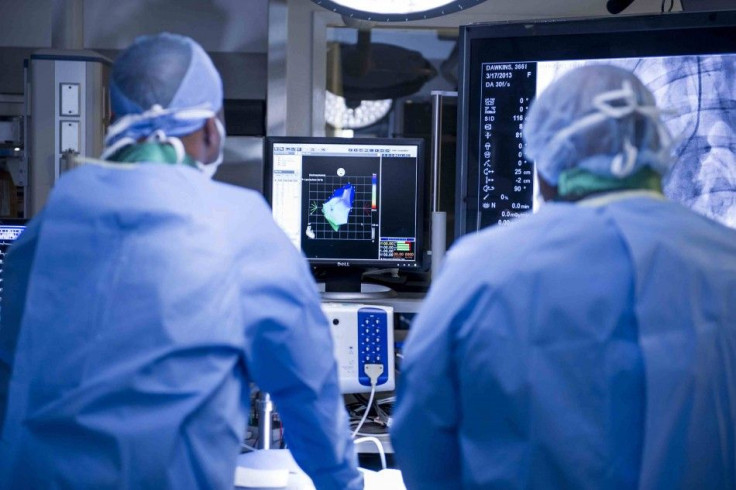US Researchers Create World's First Micro-Pacemaker For Unborn Children With Congenital Heart Diseases

The researchers in the US have developed a fully implantable micropacemaker device for foetuses that suffer from complete heart block. The breakthrough device has been designated as a device for humanitarian use by the US Food & Drug Administration, or FDA.
Reportedly, the micropacemaker device for the foetuses has already been clinically tested by the team of researchers at the University of Southern California, or USC, and the Children's Hospital Los Angeles, or CHLA. The study report by the researchers reveal that the device will be used for real-life purposes soon in the future.
"Building on our experience of using microfabrication techniques to create biomedical devices, we have developed a micropacemaker small enough to reside entirely within the fetus," said Gerald Loeb from USC, reported The Times of India.
The micropacemaker has the potential to prevent premature births and miscarriage of babies with congenital heart blockage when diagnosed during pregnancy. Such treatment facility for foetuses had been lacking in the field of medical sciences.
In a foetus with congenital heart block, there is a dysfuntioning of the heart's electrical system wherein electical signals are transmitted from upper part of the heart of the lower chambers, which finally pumps blood to the rest of the body. In abnormal foetuses with heart defects, the heart rate is lowered down, hence less amount blood is pumped and supplied to the body.
Even though such a condition can be diagnosed in utero, all previous attempts to treat the condition with the help of a standard pacemaker used for adults have gone in vain.
The breakthrough invention has been reported in the journal Heart Rhythm.
To report an error or to leave a feedback on the article, send an e-mail to emailtoguneet@gmail.com.





















